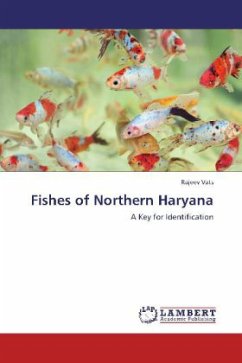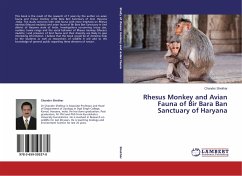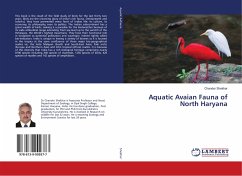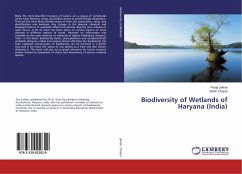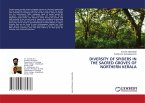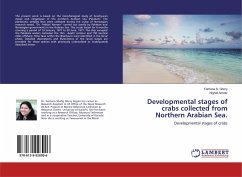HARYANA is known to be the granary of India. In an effort to bring about the green revolution the scientists have evolved numerous varieties of wheat coupled with the use of chemical fertilizers, rotation of crops and the controls of food grains pests. The indiscriminate use of pesticides has raised many eye brows.The recent resurvey of the Ganga and its tributary Yamuna has shown that its pollution has led to the disappearance of some fishes. It is, therefore, essential that periodic surveys should be undertaken so that the species are not lost to science. The importance of Mahaseer is well known to the anglers in Himachal Pradesh, Punjab and. Haryana and the recent reports of its fall due to the erection of dams and pollution effecting directly or in directly its spawning areas are alarming to fish lovers. The use of illegal methods such as use of explosives should be strictly prohibited. The close season and regulation of mesh size should equally be enforced.It is hoped that this scrutiny will be useful in establishing and highlights the variety of fish fauna in the 'State of HARYANA', and the later shall be able to supplement and contribute its share of food stuffs.
Bitte wählen Sie Ihr Anliegen aus.
Rechnungen
Retourenschein anfordern
Bestellstatus
Storno

